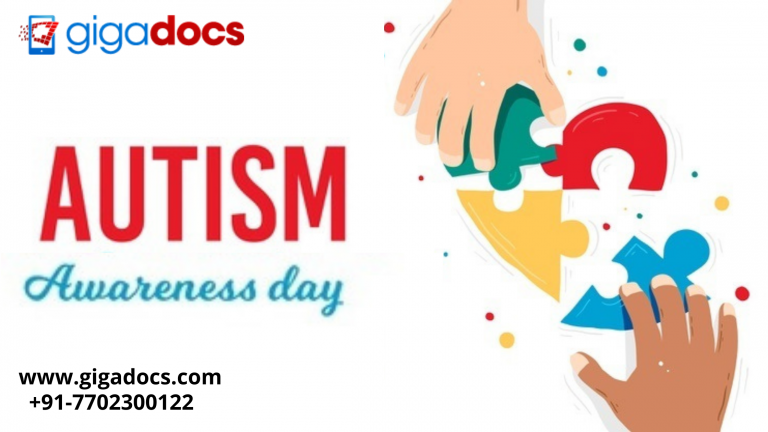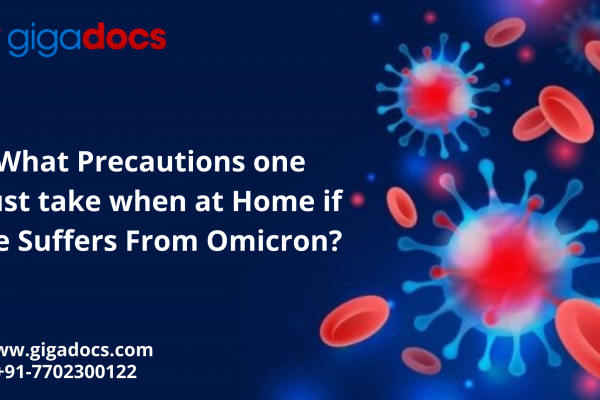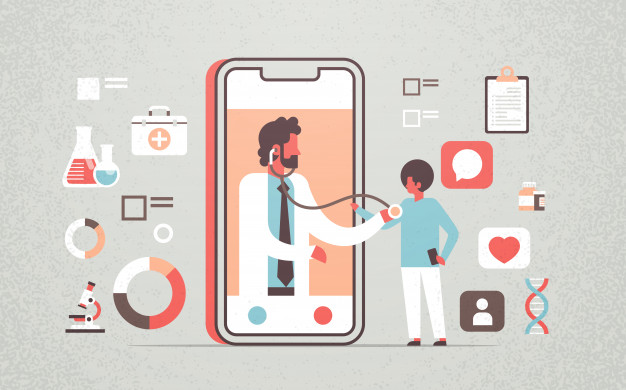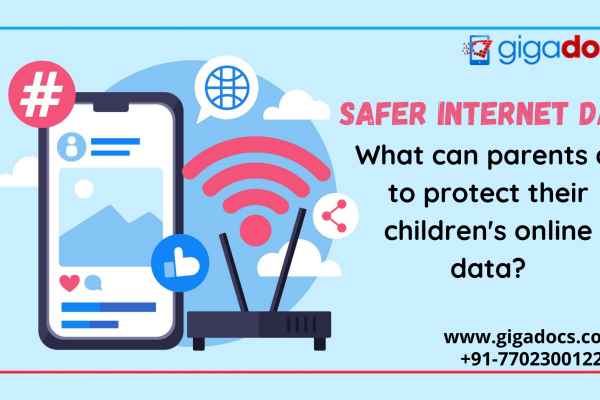Autism spectrum disorder (ASD) is a developmental condition that usually appears in childhood and is marked by impairments with social skills, repetitive activities, speech, and nonverbal communication.
Symptoms and Signs of Autism
Autism symptoms usually occur before a child reaches the age of three, while some may even exhibit indications from the moment they are born. Social, emotional, and communication abilities are frequently impaired in people with ASD. They tend to repeat certain behaviors and resist change in their daily routine. In addition, many people with ASD have unique ways of learning, paying attention, and reacting to situations, like discussed below-
- Not exhibiting interest in something by pointing at them (for example, not pointing at an airplane flying over).
- Not glancing at objects when someone points them out.
- Have difficulty comprehending other people’s sentiments or discussing their own experiences.
- Wishing to appear unresponsive when people speak to them.
- They would be captivated by others yet unable to communicate with, play with, or relate to them.
- Would repeat or echo words or phrases spoken to them.
- Have difficulty adjusting to changes in routine.
- They exhibit strange reactions to the way things smell, taste, look, feel, or sound and start to lose the abilities they previously had (for example, not using the words they once used or known to them).
Autistic Pride Day 2021
Aspies For Freedom (AFF) initiated the Autistic Pride Day in 2005 for Autism Spectrum Disorder (ASD). It is an annual celebration observed on June 18 by all organizations involved with Autism worldwide to bring people with ASD together through events and demonstrate that everyone with ASD is different and unique. It is a day set aside for people with ASD to be proud of themselves and celebrate who they are.
The rainbow infinity sign symbolizes Autistic Pride Day. This sign signifies the diversity of people with ASD as well as the autistic community’s limitless possibilities.
Autism’s Causes and Risk Factors
According to the most recent research, ASD is caused by a combination of factors that include-
- Having a close relative who has autism genetic mutations.
- Other congenital abnormalities, such as fragile X syndrome.
- Metabolic abnormalities caused by low birth weight.
- Environmental exposure to heavy metals and toxins.
- Viral infections in the past.
- Children born to older parents.
People belonging to diverse nationalities and socioeconomic backgrounds are affected by ASD. With a male-to-female ratio of 4 to 1, autism is more common in boys than in girls.
Autism Spectrum Disorder (ASD)
The following disorders are included when we talk about Autism –
- Pervasive developmental disorder (PDD or atypical autism). Doctors may use this phrase if the child exhibits some autistic symptoms, such as impairments in social and communication skills.
- Children who exhibit childhood disintegrative disorder and follow a daily life for at least two years but eventually lose part or all of their speech and social abilities.
- Children with Asperger’s syndrome who do not have a problem with language. On IQ tests, they perform to score in the average or above-average range. They do, however, have social issues and a limited range of interests.
Autistic Kids with ASD
ASD is a lifelong disorder that may be highly stressful for both the individual and their family. An autistic child’s primary care provider will be crucial in assisting the parents in comprehending the treatment course. Besides, parents must take the following points into conscience-
- Attend the pediatrician appointments on a regular basis to ascertain the progress of the child.
- Look into the child’s school assignments. Many times, a child’s ASD makes it difficult for them to function in typical school settings.
- If the child wanders or has communication difficulties, consider having them carry an emergency form, with contact information and communication symbols at all times.
Signs of Autism in Toddlers
Parents must keep an eye out for these indicators and seek necessary expert assistance if they notice the following-
- By the age of 12 months- if the toddler has shown no chattering, pointing or gesturing signs.
- By the age of 16 months- the toddler cannot speak a single word.
- By the age of 24 months- the child cannot speak long wordy sentences, however, would repeat what others say.
- By the age of three-four months- the child shows no eye contact.
Autism Awareness and Diagnosis
Diagnosing ASD can be difficult since there is no medical test, like a blood test to ascertain Autism, doctors look at the child’s behavior and development to see if the child is on track with essential skills like learning, speaking, behaving, and moving. Experts recommend that children be tested for developmental delays at nine months, 18 months, and 24 or 30 months of age at routine examinations. At their 18-month and 24-month checkups, children are explicitly tested for autism that includes hearing and vision exams, as well as genetic tests.
Autism Treatment with Gigadocs
Pediatricians, Child Neurologists, and Child Psychologists or Psychiatrists are all specialists in examining autistic conditions. They may prescribe the following treatment measures-:
- Applied Conduct Analysis (ABA)- which encourages positive conduct while discouraging negative behaviour.
- Occupational therapy- can assist with everyday tasks such as dressing, eating, and interacting with others.
- Sensory integration treatment- may benefit those who have issues with being touched, seeing, or hearing. Speech therapy helps enhance their communication skills.
For a child with autism, early treatment can make a significant difference in their development. If you suspect your child has ASD, contact your doctor as soon as possible. Download the Gigadocs app and tele-consult with the best Child Neurologists and Child Psychologists from your home at your convenient timing. With Gigadocs, you can store your child’s medical records and prescriptions securely online and consult with a pediatric neurologist or a psychologist for a more accurate diagnosis.
Besides, each activity on the Gigadocs app, like booking an appointment with a child neurologist or a child psychologist, lets you earn points on the Gigadocs app and redeem it for discounts while consulting pediatricians for your child on the Gigadocs app.
Download Gigadocs app-
IOS App – apple.co/2W2iG4V
Android App – bit.ly/33AQoRC
To know more email info@gigadocs.com




